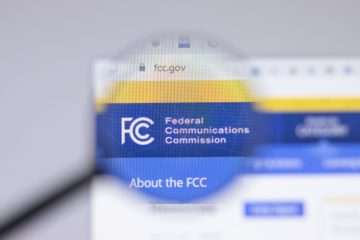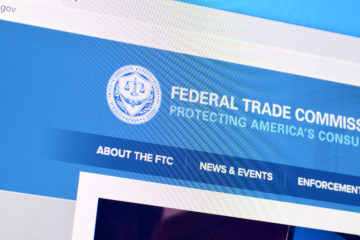The Market Institute President Charles Sauer has a new article in Real Clear Markets recapping the tenure of Federal Trade Commission Chairwoman Lina Khan.
He writes:
“With all the demands for oversight attention from the incoming Republican House majority, perhaps the most demanding is examining the actions and agenda of Federal Trade Commission (FTC) Chair Lina Khan. Khan has spent the last two years mis-using federal antitrust laws to implement a radical agenda that would dramatically expand government control over the economy.
Khan is a leading “neo-Brandeisian,” associated with former Supreme Court Justice Louis Brandeis. This approach, which adopts a value-neutral “big is bad” approach to antitrust enforcement, seeks to punish business for the “sin” of being too successful. The “big is bad” standard was displaced in the 1980s by the consumer welfare standard, which – as the name suggests – evaluates business actions by whether or not they benefit consumers. Khan and her minions want to jettison the consumer welfare standard, which has overseen the massive economic success of the last 40 years, because it does not empower government officials to use antitrust laws to “direct specific economic outcomes,” as Khan put in a speech for the far-left Law and Policy conference last spring.
In this speech, essentially her declaration of war on American commerce, Khan declared the free market was dead.
And it will be if she gets her way. In just under two years since she became FTC chair, Khan has set a record for the number of lawsuits filed by the agency. She has also increased use of “second requests” from companies that must “pre-file” for approval for a merger or acquisition. These second requests can delay approval of a merger by months.
Khan’s litigation-happy strategy is not aimed at winning court victories. As Khan told a conference in April, even if the law wouldn’t permit action that Khan and her allies think is, or should be, appropriate, “there’s a huge benefit to still trying” her style of drive-by litigation. Khan says one of the “huge benefits” of bringing lawsuits where the agency knows there is little chance they will prevail in court to “signal” to Congress that it might be time to update the antitrust laws.
Khan should be forced to explain why this “lobbying by litigation” is a proper use of taxpayer resources.
Khan’s strategy of filing as many anti-merger lawsuits as possible can also stop potential mergers and acquisitions because companies fear they will be forced to waste time and money defending themselves against nuisance lawsuits. The mis-use of nuisance litigation to stop perfectly legal transactions is also an area Congress should investigate.
Khan became a progressive star with an article she wrote while still in law school called “Amazon’s Antitrust Paradox In her article Khan argued the threat to competitive markets and democracy itself posed by Amazon necessitated a more aggressive approach to antitrust. Khan’s open hostility to the large technology companies has led Amazon and Meta (Facebook’s parent company) to seek her recusal from FTC cases against them. Khan’s inability to objectively look at Big Tech is revealed by the fact that she still treats Amazon and Meta as unstoppable monopiles despite the recent evidence that they are vulnerable to competition and changing consumer tastes.
The FTC recently issued a new policy statement re-interpreting its statutory mandate to stop “unfair” business practices as an open-ended authorization for the FTC to attack any business they don’t like. The agency is also trying to expand its power by judicial fiat. Two of the FTC’s highest-profile cases, one seeking to stop Meta’s acquisition of virtual reality company Within and Microsoft’s proposed merger with Activision, request the judges grant the agency authority to approve or block any future transactions by Meta or Microsoft “in any related business or markets.”
This would give the FTC power to intervene in any transaction conducted by these companies.”


